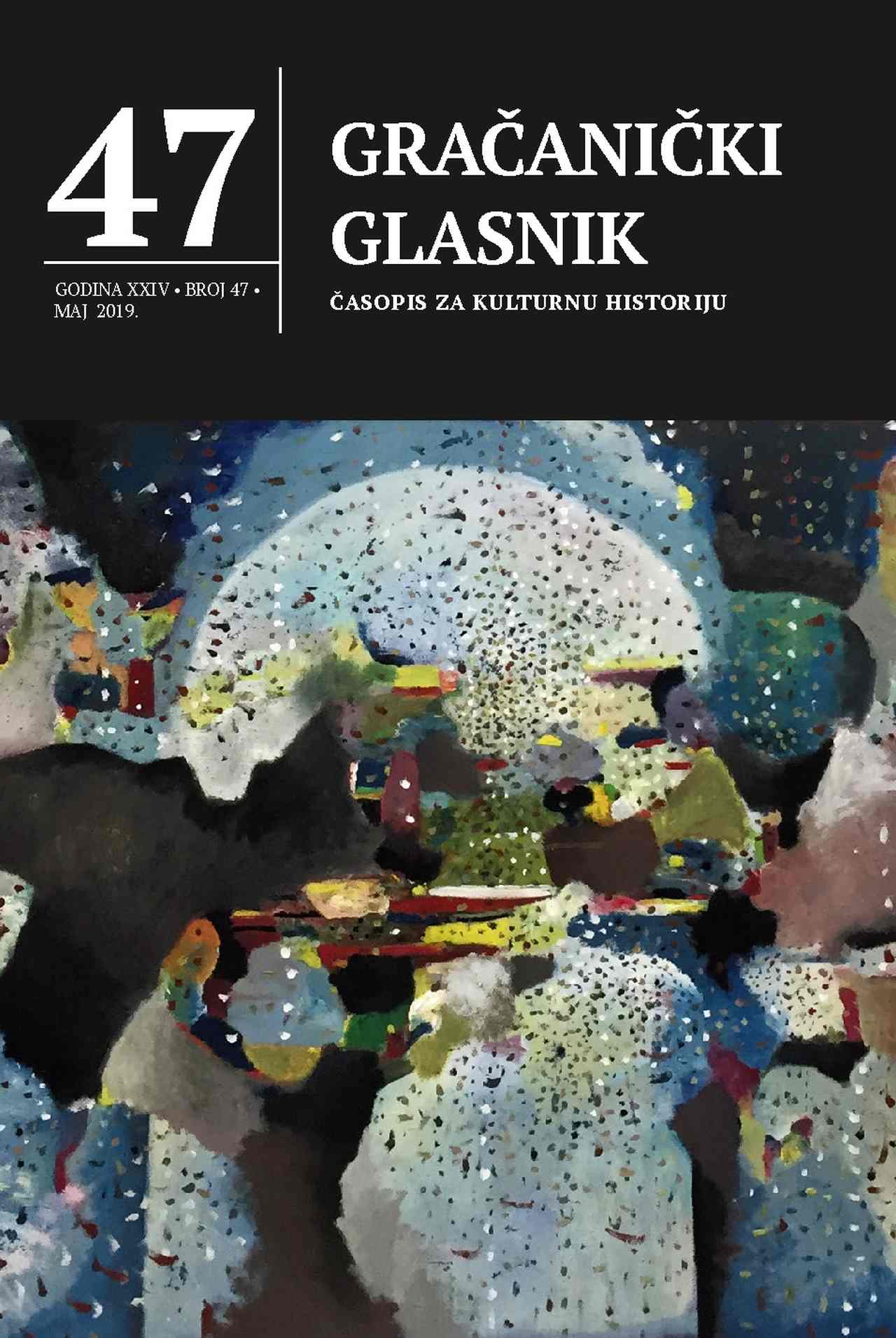Likovi zavičaja: Avdo Prohić – prvi ljekar Gračanice
Local portraits: Avdo Prohić – the first medical doctor of Gračanica
Author(s): Omer HamzićSubject(s): Local History / Microhistory, Social history, Health and medicine and law, Post-War period (1950 - 1989)
Published by: Izdavačka kuća »Monos« d.o.o
Keywords: Avdo Prohić; Gračanica; ljekari; privatna praksa; pacijenti;
Summary/Abstract: Dr. Avdo Prohić was the first citizen of Gračanica with a degree in medicine, the first doctor of Gračanica and of the few people among the Bosnian Muslims who had a university education in the thirties. There is no doubt about the deep traces he left in the social life of his city, not only as an able doctor but also as an valuable social worker who was one of the most distinguished leaders in the cultural, sport and humanitarian organizations of his city, in his youth as well as when he grew older. He approached all the other jobs and tasks that he accepted in life with the same seriousness and attention he had shown to his patients. This is particularly true of his position and activity in Gračanica and his antifascist stances during the Second World War; by the end of 1943 when he went to Zagreb for treatment for a long time, and perhaps fleeing either from himself or from the Ustasha government at the time. Like many other intellectuals of a rather broader perspective and more successful people who were “fated” to live and work in small and narrow minded communities, in some of the “provinces of the hinterland” that Kikić mentions, Avdo Prohić often encountered a lack of understanding, envy , condemnation, sabotage, and underestimation… Such a harsh treatment of narrow minded communities was easier to bear for intellectuals that were traveling, who were in these parts because they had to be, or on temporary work assignments. These people could always leave when things grew to be too much for them. It was harder to bear for those that were actually from these parts that were fated to live in their hometowns. Your town never forgives you your success; it was always like that in Bosnia, sometimes more, sometimes a little bit less. That was, as with many others, the case with doctor Prohić. If we consider the professional envy that his job brings, then we can easily reconstruct the framework in which he lived and worked as an “intellectual in the province” or a successful man in his hometown. Due to this envy and misunderstanding he often came to blows with his superiors at work, but also with the power of the local authorities. As a rule smart people were more a disturbance than a benefit to them, and they were always looking for easy ways to get rid of them. They say that Avdo didn’t tolerate superficiality and idleness in any affair (I guess these are things that are unimaginable in medicine generally). Therefore he could present real results, firstly as a medical doctor. Some of them described him as a person that was hard to deal with, probably due to all of this. To the majority he was and remained a very successful and popular doctor, a man of character, for a small minority someone who was only looking for money… Avdo Prohić often emerged bruised from these clashes with our gloomy reality, the social and healthcare system as well as general problems he faced during his life. He was a doctor that successfully treated others, but rarely found any remedy for his own wounds. That was probably the reason why he tried to leave his hometown on several occasion, but it should also be seen as a way to flee from himself. Real tragedies of his life were the miseries of the Jews, the Kolmans and the rescue of their little daughter Nada, as well as his medical treatment in Zagreb in 1943. But it is clear now that for doctors, no matter how good they are, the best remedy is time itself. Avdo always returned after certain tragedies, he came back to his profession, his patients, his town and ultimately to himself.
Journal: Gračanički glasnik - Časopis za kulturnu historiju
- Issue Year: 2019
- Issue No: 47
- Page Range: 95-126
- Page Count: 32
- Language: Bosnian

